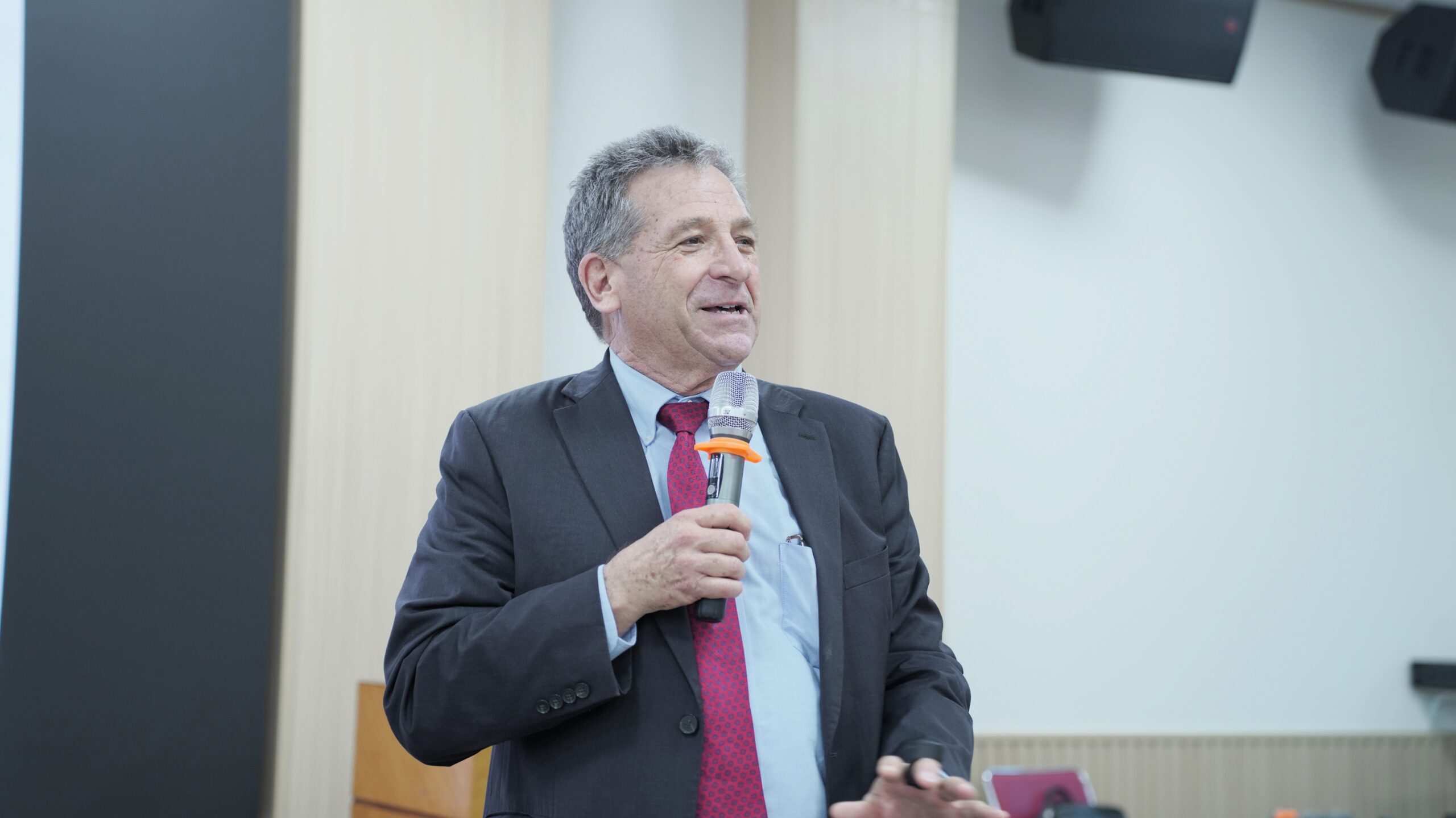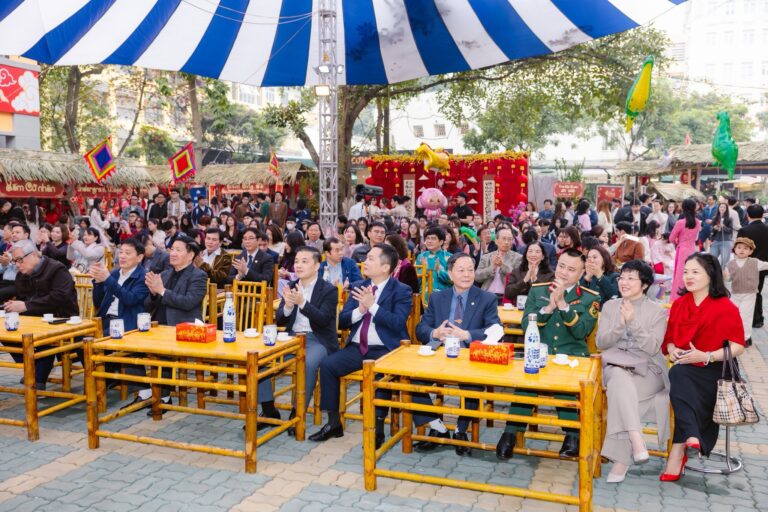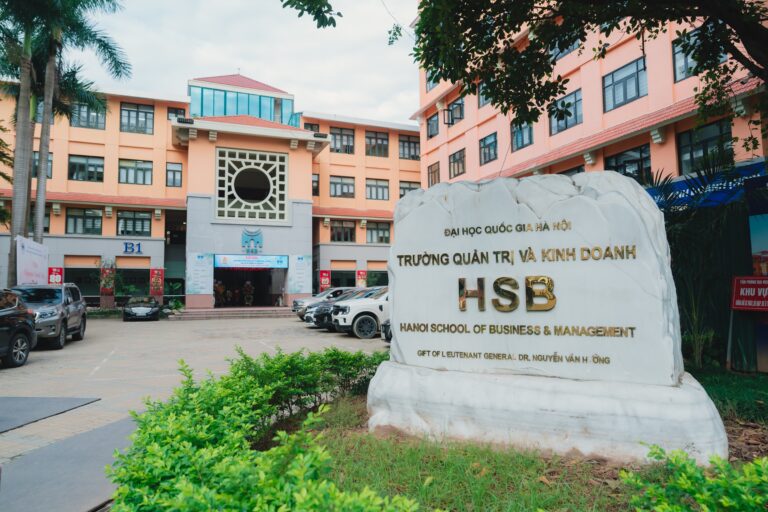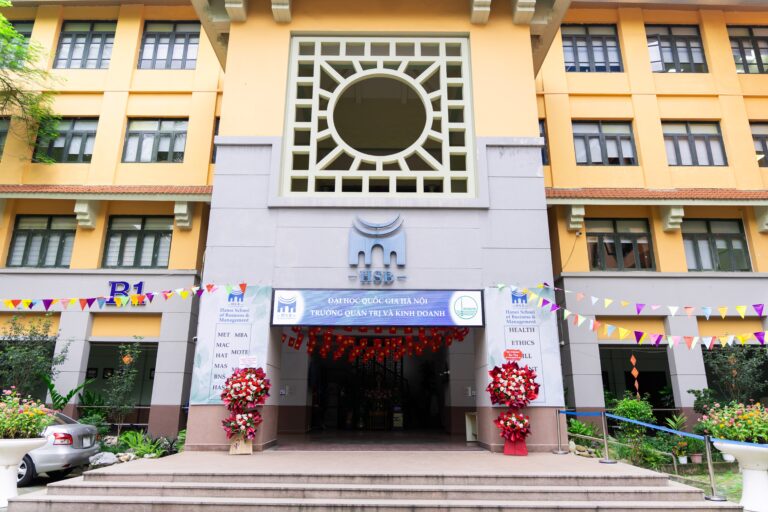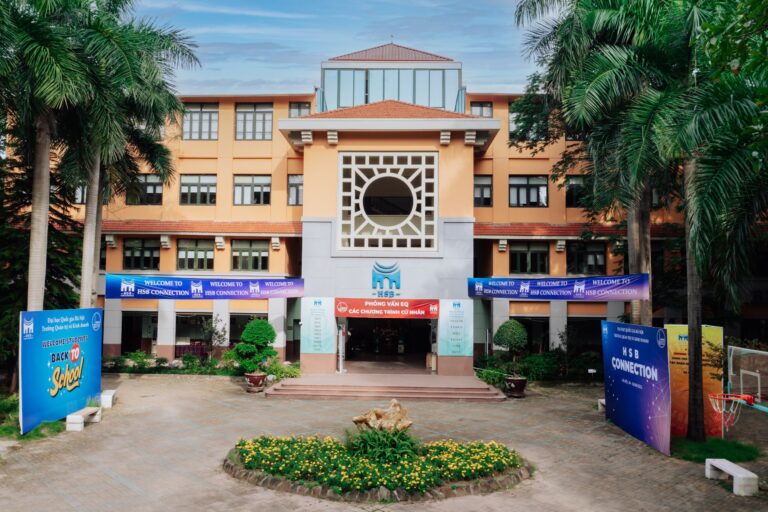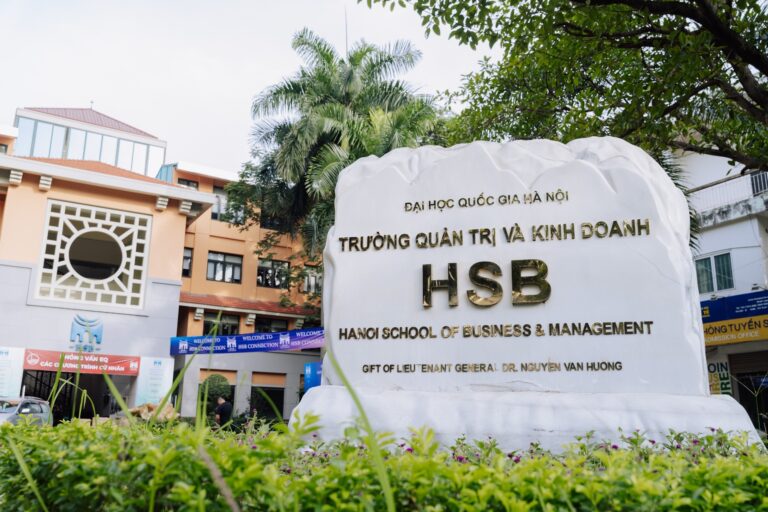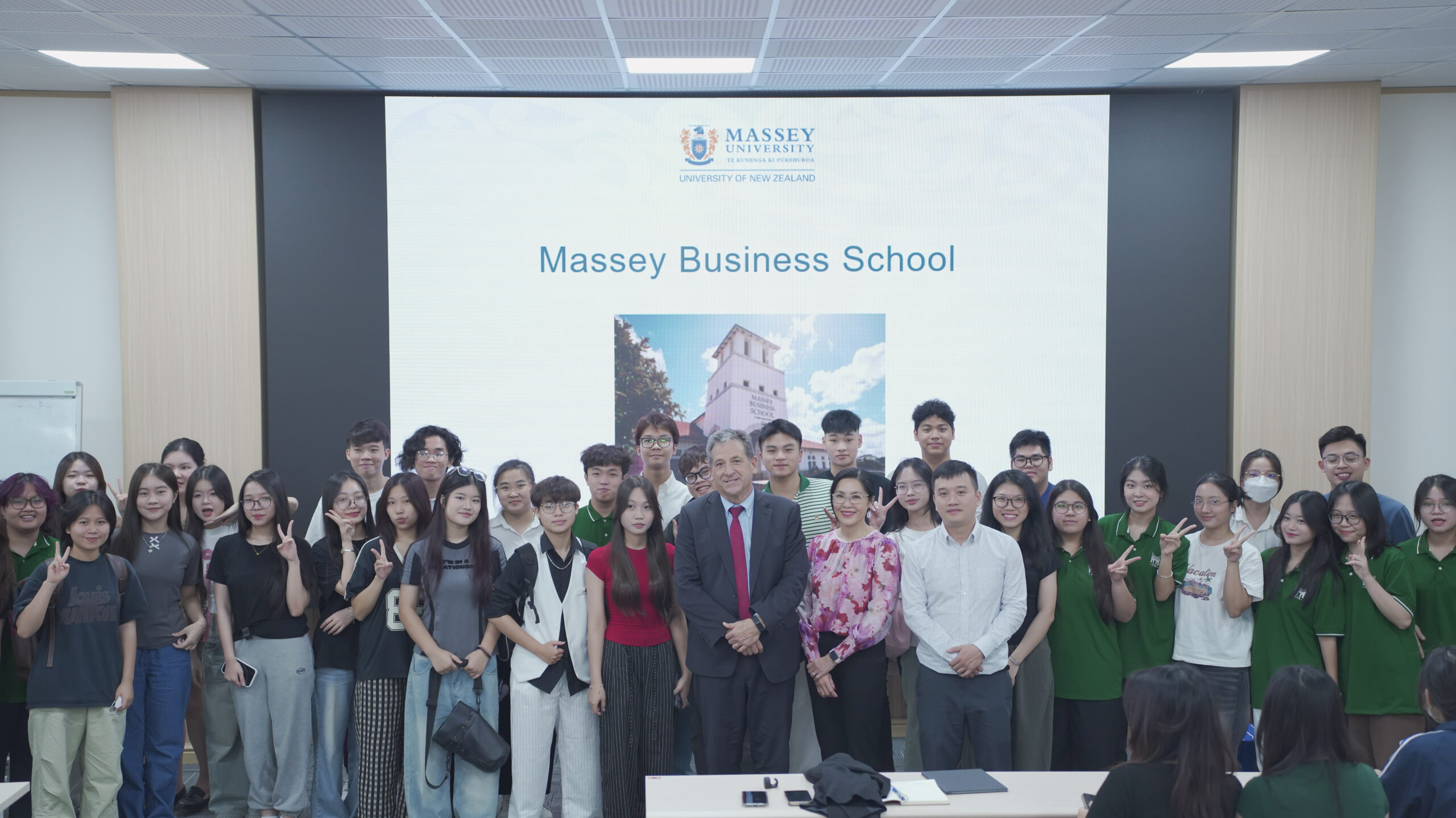
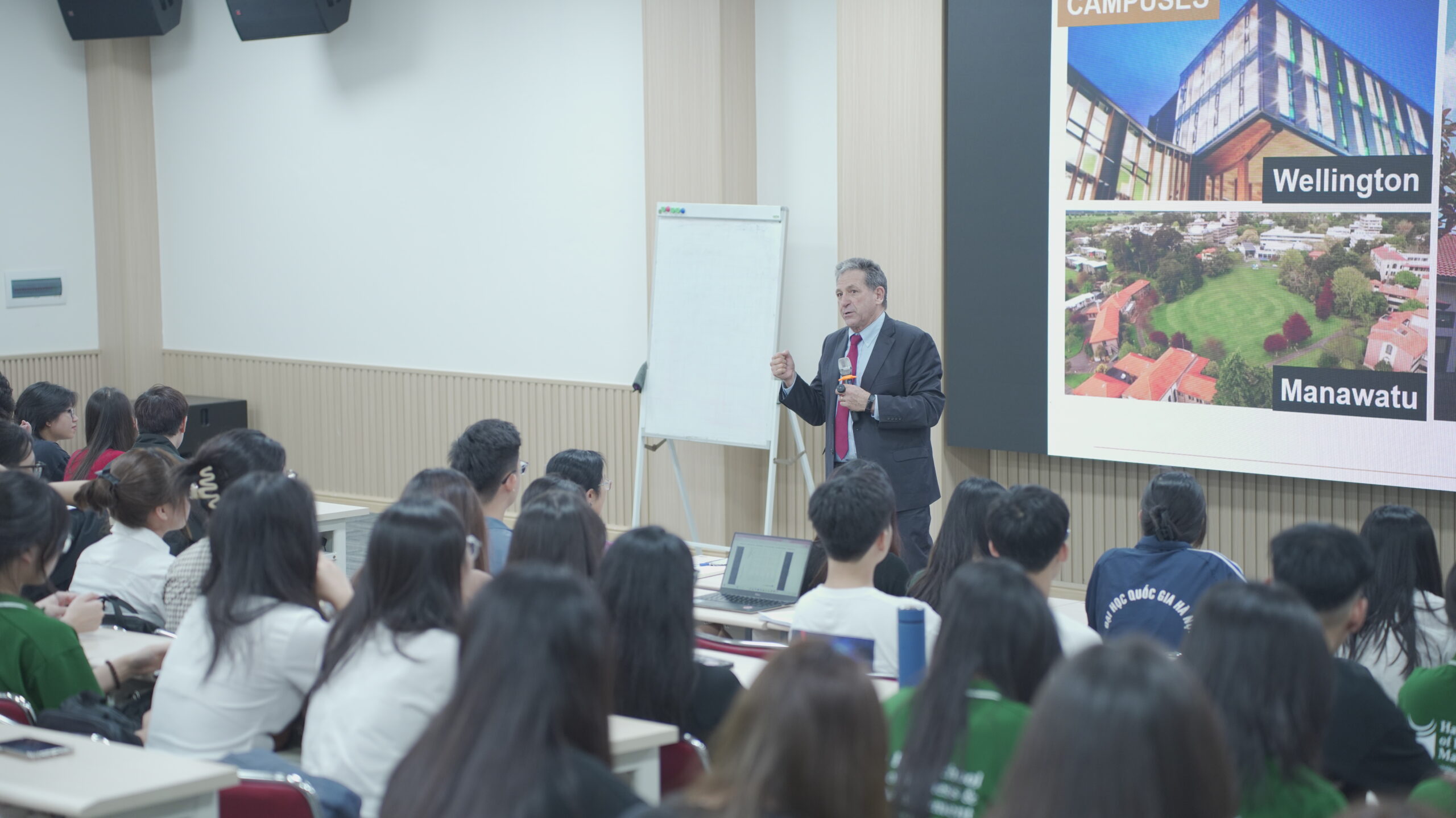


Notably, the announcement that Massey University agreed to offer international credit transfers for HSB’s Bachelor’s programs in Marketing & Communication (MAC) and Management & Technology (MET) sparked significant interest among the students. This partnership opens up unprecedented international study pathways for them. Massey University is currently ranked among the Top 300 universities worldwide, according to the QS World University Rankings 2019, and is among the Top 10 universities in New Zealand.
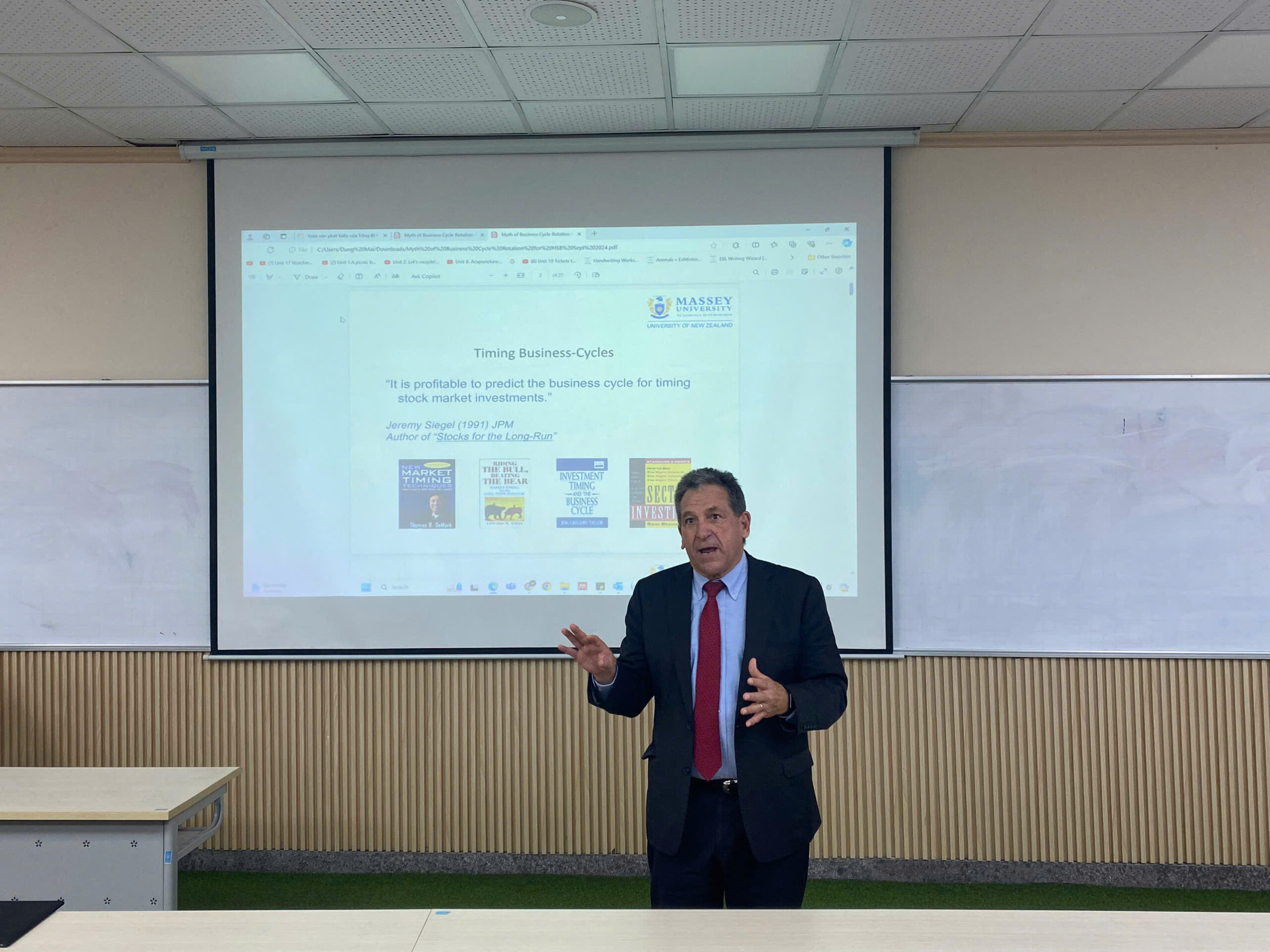
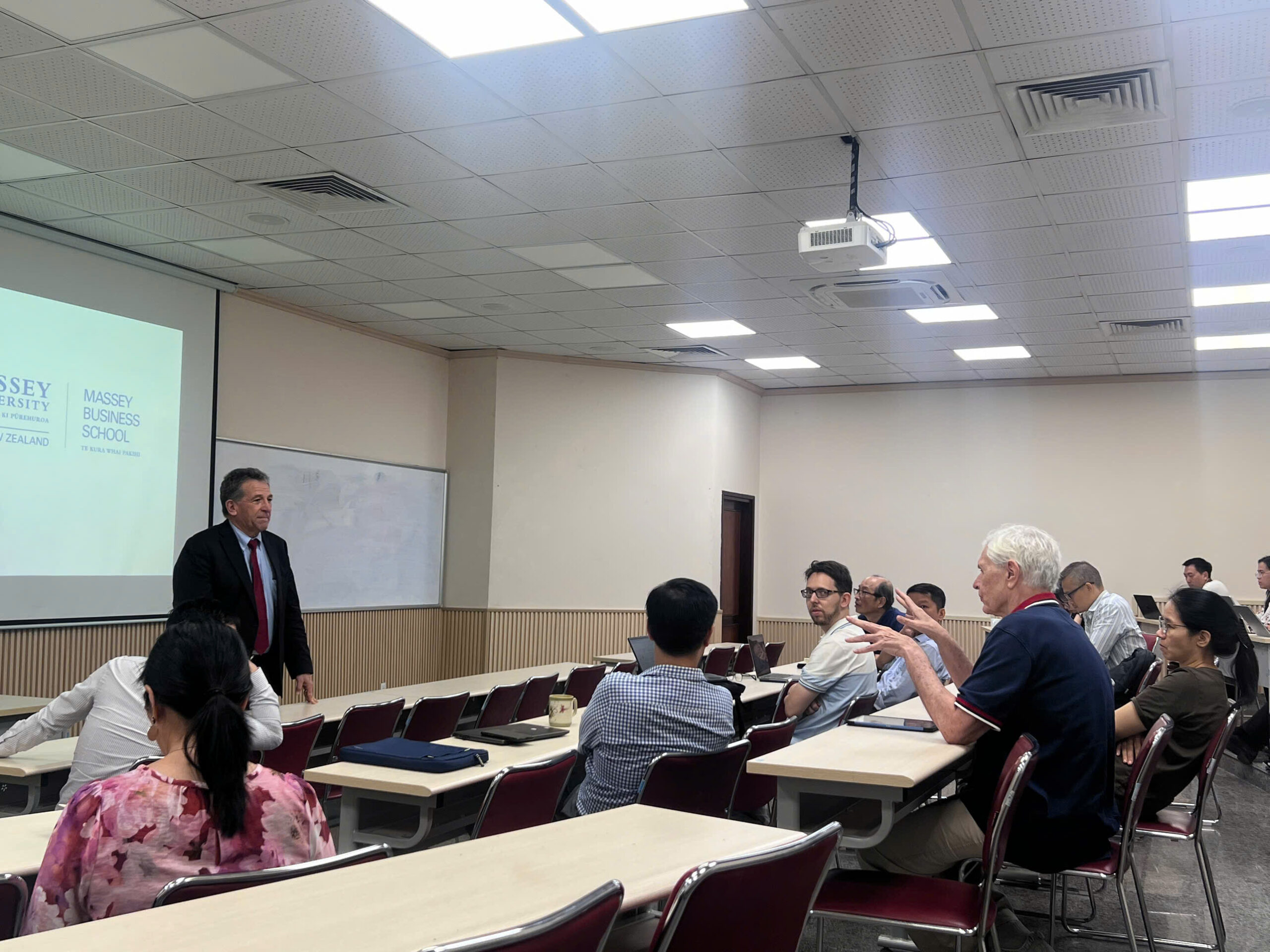
The session garnered significant interest from HSB faculty members. The atmosphere in the auditorium became lively from the very start, as Dr. Stangl emphasized the importance of understanding economic cycles and applying sector rotation strategies to optimize investment returns. He highlighted that different sectors perform differently during various phases of the economic cycle, requiring investors to adjust their portfolios accordingly to capitalize on sector-specific advantages.
In addition to theoretical insights, Dr. Stangl shared real-world examples from international markets, helping the faculty gain a deeper understanding of how this strategy has been successfully implemented in practice. His stories, drawn from economic crises, recovery phases, and pivotal moments in investment history, captivated the audience and added an engaging, practical dimension to the session.
HSB faculty members showed particular interest during the discussion segment, where they had the opportunity to directly exchange ideas with Dr. Stangl on the challenges and opportunities presented by the sector rotation strategy. The dynamic debates enriched the session, bringing forward fresh perspectives, especially on how this strategy could be applied in the context of Vietnam’s current market landscape.
In his concluding remarks, Dr. Stangl encouraged the faculty to continue exploring sector rotation strategies in greater depth and to seek international collaboration opportunities to enhance their expertise in this area.
